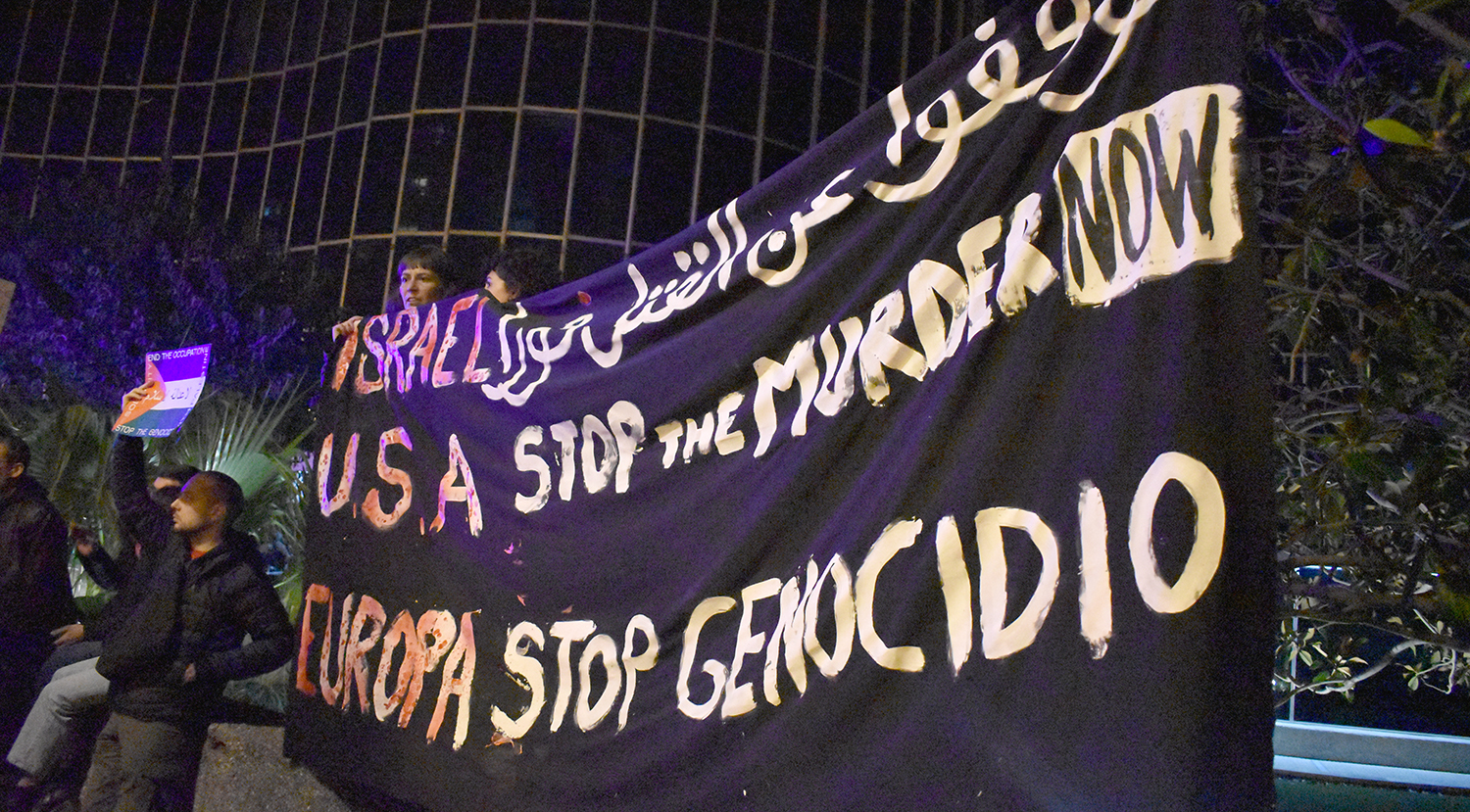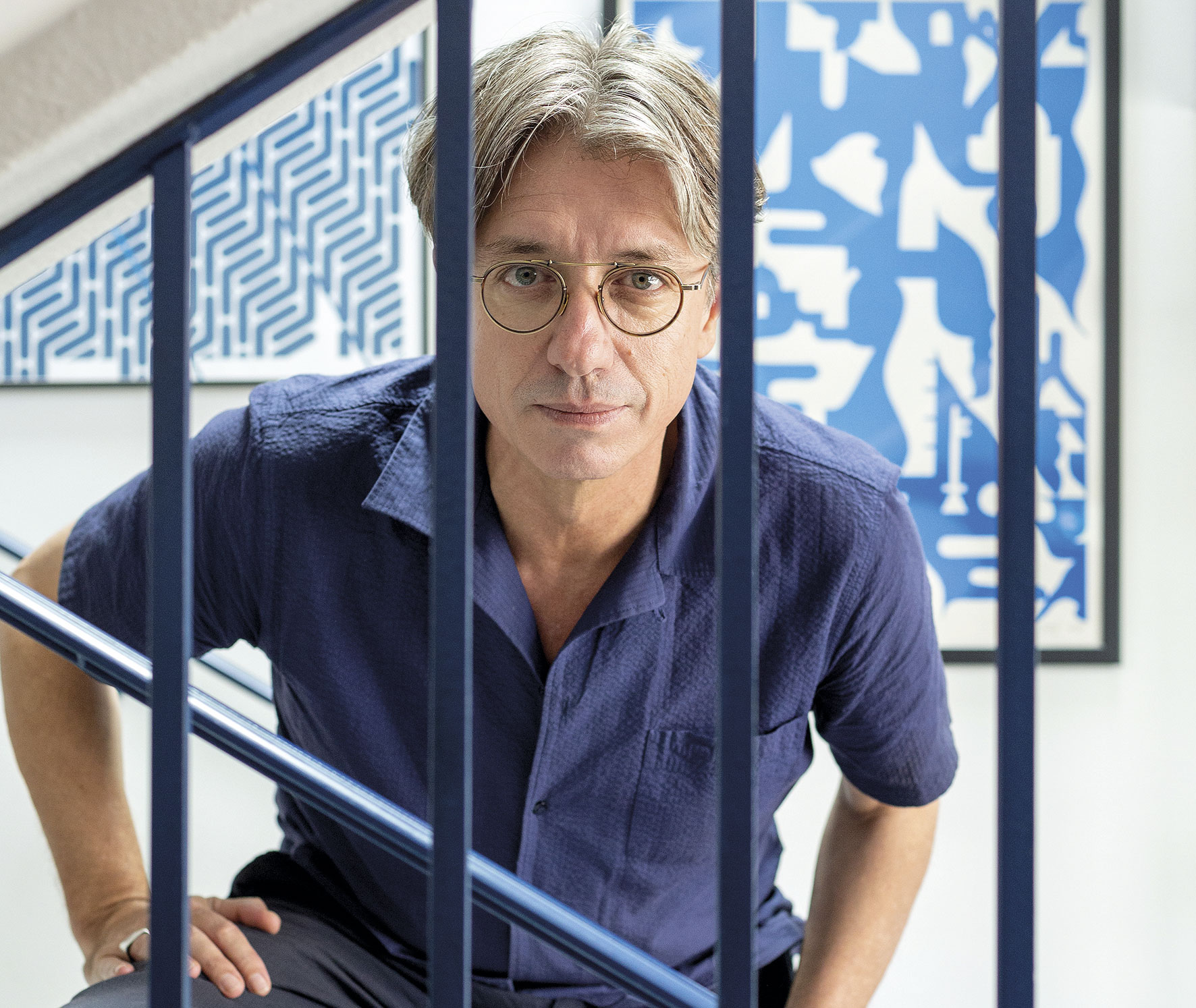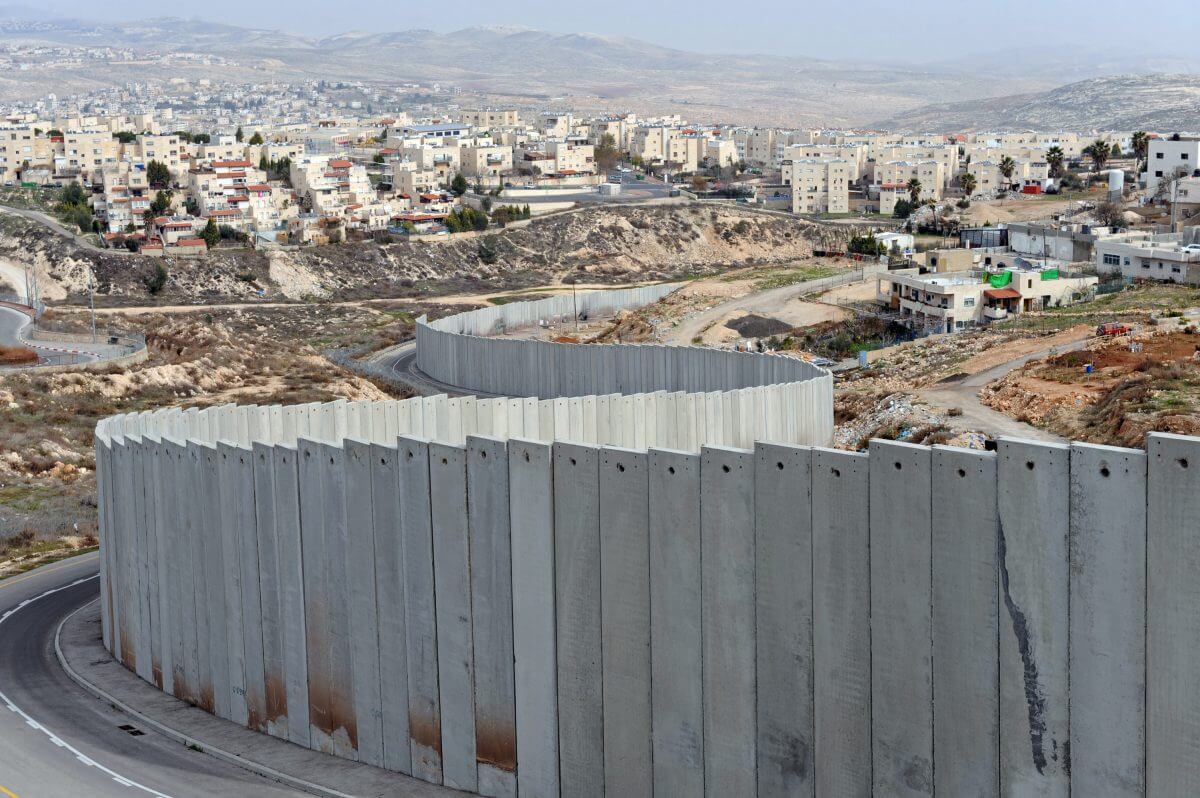"We will use judgment to explain the situation of prisoners and the solution"
- Urruñés Haritz Agirre is among the 11 peacemakers who will be tried on 2 February in the Baiona court. On 23 July the judge was called to block the highway on the day of the blockade in Iparralde. Bake Bideak calls a solidarity meeting with a date at 13:00.
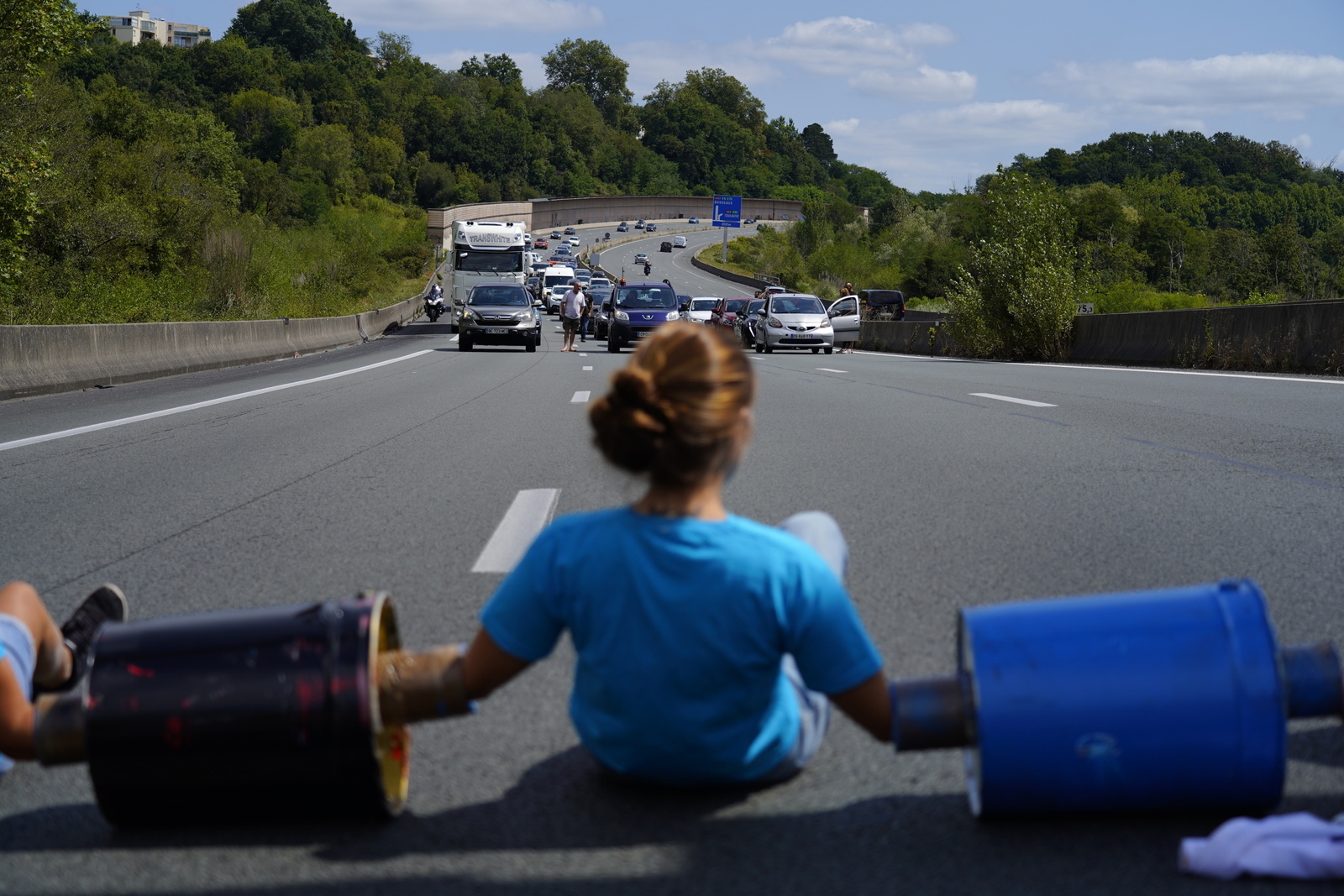
Today is the day of judgment. What message would you like to pass on to the judge?
We want to use judgment as a tribune, contextualizing and explaining the situation of prisoners and the solution and now. That is the priority, to send a political message. We would like the judge to understand the context, and accordingly, in the light of the situation [Jakes Esnal and Ion Paroten], to consider that judgment to be anything. Let us hope that there is nothing or the least possible from the fine.
There are eleven courts. The plurality of the courts appeared on December 15. Will we also notice it among you?
There's another kind of diversity among us. We are all young, but yes, we have different origins, different ways of thinking and different causes of involvement. Some have not personally experienced the conflict, and yet have political awareness of it, and we have lived through others, perhaps more of us talking about tripes.
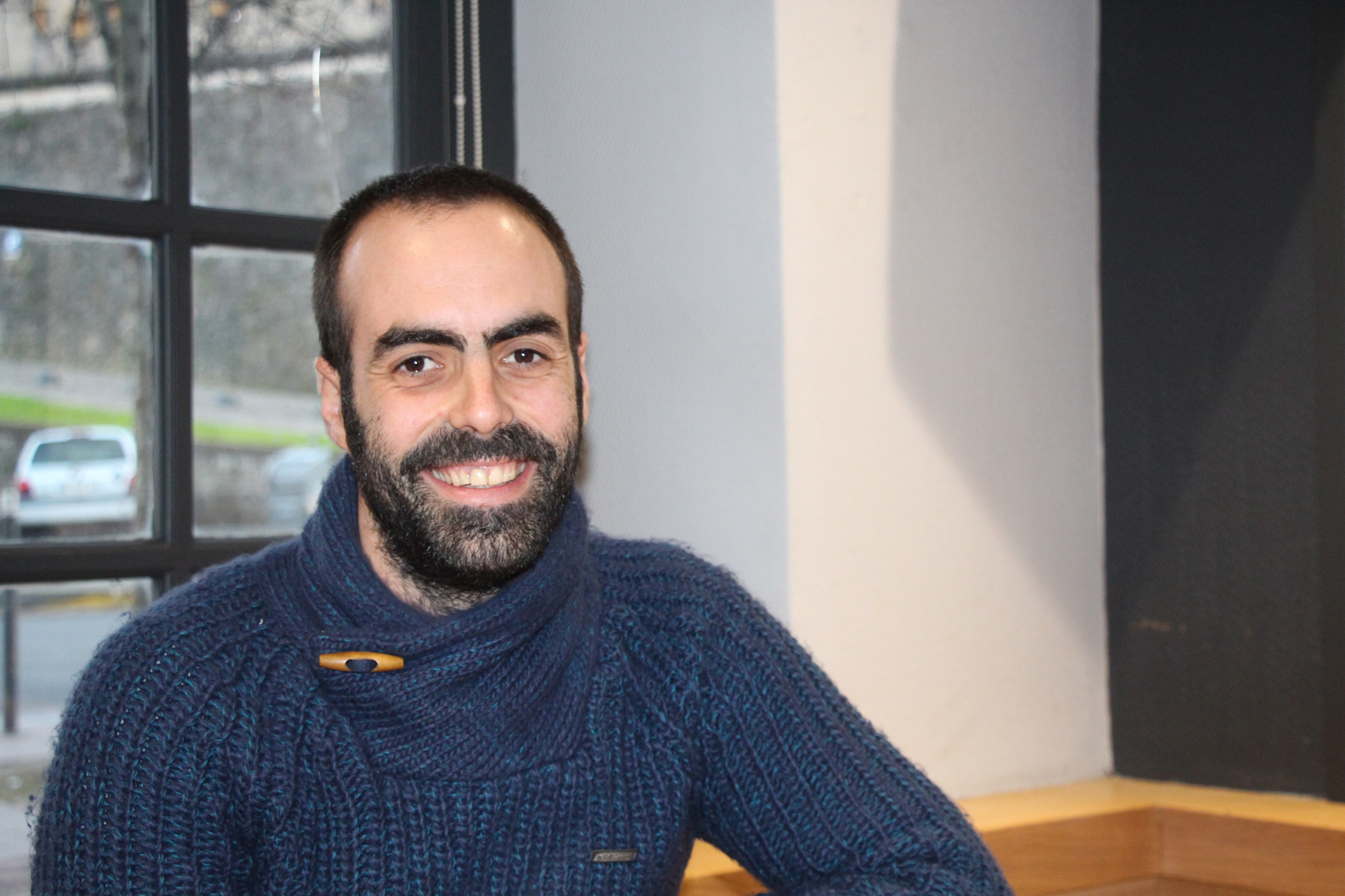
They have also called for concentration. Can that cause?
I don't think it's going to provoke anything in the face of the judgment; the judges are used to it, so here it goes. But in these cases we always teach ourselves to support, they go together: it is important to show that there will always be people willing to mobilize, in favor of prisoners and/or the defendants. That must continue, we must not lose that dynamic, because the process is not over, because there are still many paths to go. Land mobilization is important.
With the blockade of July 23, 2022 we show you that we are able to give the level necessary to achieve our goal
On July 23, neighbors blocked Ipar Euskal Herria to ask about the release of Ion Parot and Jakes Esnal. How do you remember that day?
For me it was a wonderful day. Before we did other initiatives, some that went well, some not as much as we wanted, because we struggled to get the desired echo. But in the end it has been a process of temperature increase, and on 23 July it was very special, very positive, very nice. On an organizational level, people got involved by people, each gave their day to achieve an achievement. Participation in both pre-organization and daytime was important, higher than expected. We blocked all the points we wanted, even more than we wanted. We also wanted to block the airport, the highway and the station, they told us they were going to take care of and they didn't let us do it. They gave the disposition of Christ, the police officers who came from Spain, but we still did. We have taught them that we are able to give the level necessary to achieve our goal, and that in the end they are not masters in our country, that the people are making reality here. It was also a great achievement in the organization, because there was no one on the street the same day, on the day of the blockade that the country had interiorized, and it was organized in Arabic.
Two months later, Jakes Esnal and Ion Parot were released. At 32, at the end of the house. On Block Day you had that value.
Of course, it was a celebration to see that the initiatives we have taken have been echoed and influenced to their extent. The situation was very serious for these two prisoners and we have succeeded in unlocking. Clearly, mobilisation has been worthwhile.
Are you personally aware of these two former prisoners, or what has been done by the disobedience that motivated them to take such action?
I know nothing, I know a little about one of the sons of Jakes [Esnal], but no, I am not close. I have always been sensitive to the situation of Basque political prisoners, and I know that we have to do everything we can to liberate them.
In the case of Jakes and Ion, and in general in relation to the political conflict, the Via de Paz has denounced the contempt and immobilism of France (also of Spain). How can this be changed?
I believe that we need to reflect in depth, because the situation is complex. Of course, if we want to move forward, the priorities are to build on transitional justice, to get the truth of everything that has happened, to get to know all the victims, all the parties (tortured, killed, imprisoned…) and, of course, all Basque prisoners and prisoners. These are the important steps to achieve a Basque country where we have peace of mind, setting aside violence.
So, often convincing the judge.
As far as possible. As a Baiona judge, hopefully you know the context -- we'll give you our point of view, but as a French court, we never know what can come out of it.
.jpg)
Joan den uztailean bake prozesua "desblokeatzeko", Ipar Euskal Herriko komunikazio sareak eten zituzten ehunka herritarrek. Horren harira, abenduan epaitu zituzten lehen bederatziak Akizen, eta otsailaren 2an beste 11 epaituko dituzte Baionan. Bakegileek eta Bake... [+]
Orotara 20 ekintzaile epaituak izango dira uztailaren 23ko ekintzan hainbat garraio bide blokatzeagatik. Ostegun honetan, Akizeko auzitegian, trenbidean beren burua lotu zuten bederatzi ekintzaile epaituko dituzte.








